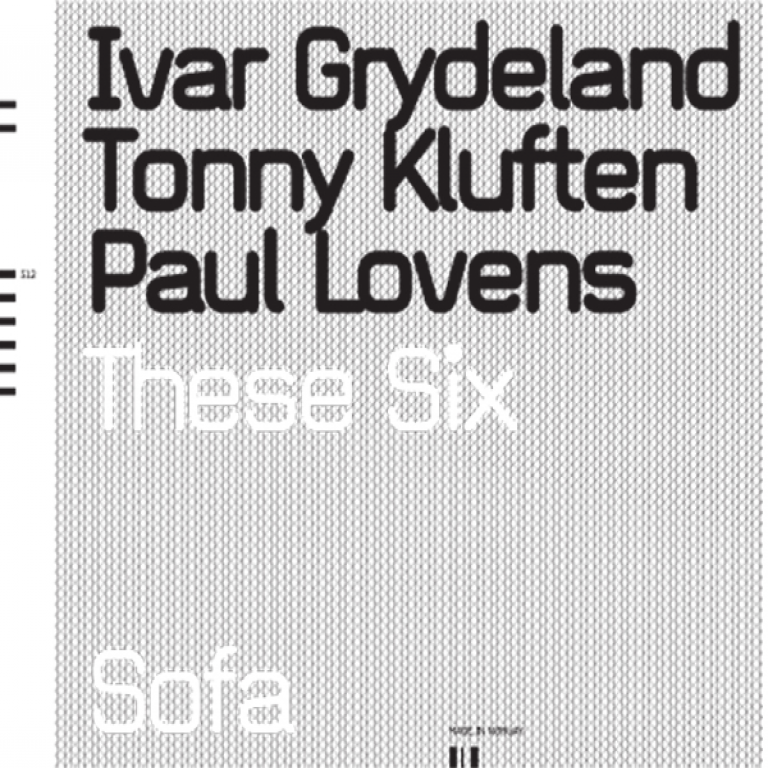Sofa music isn´t music for the sofa. It´s tough, edge of seat stuff that demands and repays a certain level of close attention. The No Spaghetti Edition record is as sparing of its means as possible given the density of music it eventually delivers. Tiny sounds and almost subliminal textures are all you hear at first, impossible to separate from the responsive acoustic of the Kampen Church in Oslo where it was recorded. The sonic texture slowly busies until the full ensemble is generating complex crescendos that have a mournful and urgent quality, almost Levantine, the kind of thing you might have heard on small West Bank stations at the time of the Intifada where mics were left open over records, capturing the sound of conflict outside while the music sailed out regardless.
It´s an odd analogy, since the personnel, the provenance and the basic soundwworld of No Spaghetti Edition are so unmistakable Nordic. The sources include brass, reeds, piano, bass and percussion, so the connection to an orthodox jazz line-up is established. Mostly, though, instrumental sounds are only minimally inflected, reliant on extended techniques of one sort and another and bathed in electronics. It´s difficult to separate the players in what is intentionally a very even mix, but Axel Dörner´s trumpet, Xavier Charles´s clarinet and harmonica, and Michel Doneda´s high-end saxophones (just soprano and sopranino) stand out. The other players are harder to locate: Andrea Neumann works inside the piano; Rhodri Davies´s harp sounds are light and shifting, guitarist Ivar Grydeland could almost be a zither player, while bassist Tonny Kluften and percussionist Ingar Zach eschew rhythm for abstract metres that are hinted at rather than delivered. The record requires patience. The semantics of its early passages only become clear on a second hearing, almost like a long German sentence where one has to wait an age for the key verb.
Grydeland and Kluften are the common factors on the trio record, which is graced by the wonderful percussionist Paul Lovens. His mastery of this kind of set has rarely been so clearly demonstrated. He is effortlessly musical, wheter playing long sweeps of cymbal tones or constructing staccato tunes elsewhere on his kit. As on Real Time Satellite Data, Grydeland doubles on the banjo and gives its husky demotic a whole new significance. There are sections on the long track three which might almost be folk music, Levantine again or some extreme far edge of flamenco. It´s absolutely riveting music. Kluften isn´t always as prominent as one might expect, but his contributions are subtle and perfectly placed. I´ve heard few more convincing Improv records this year.

